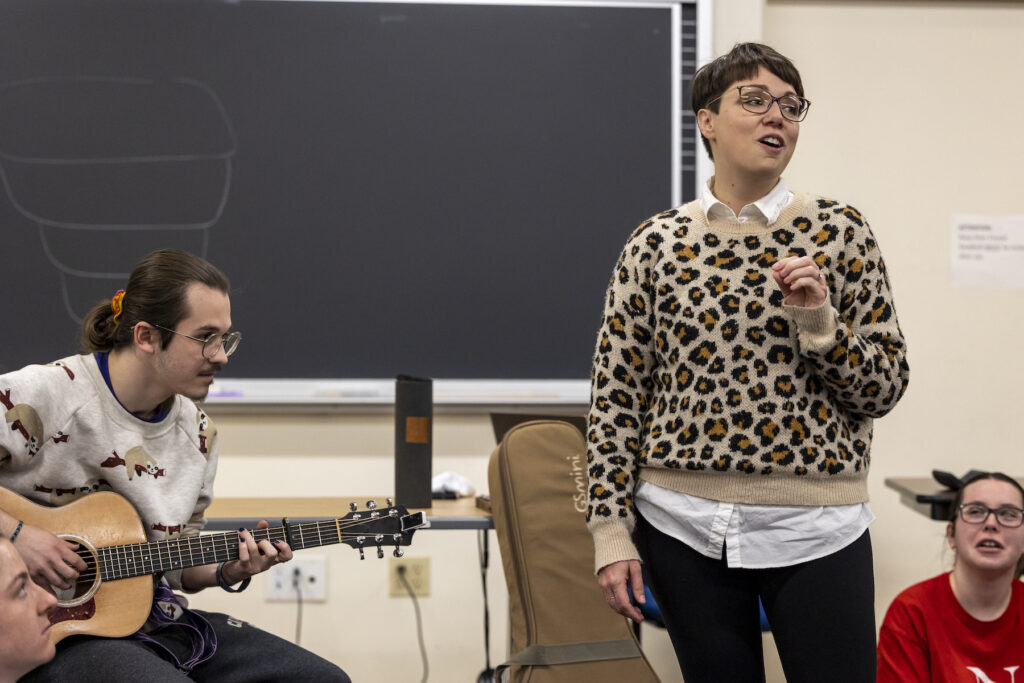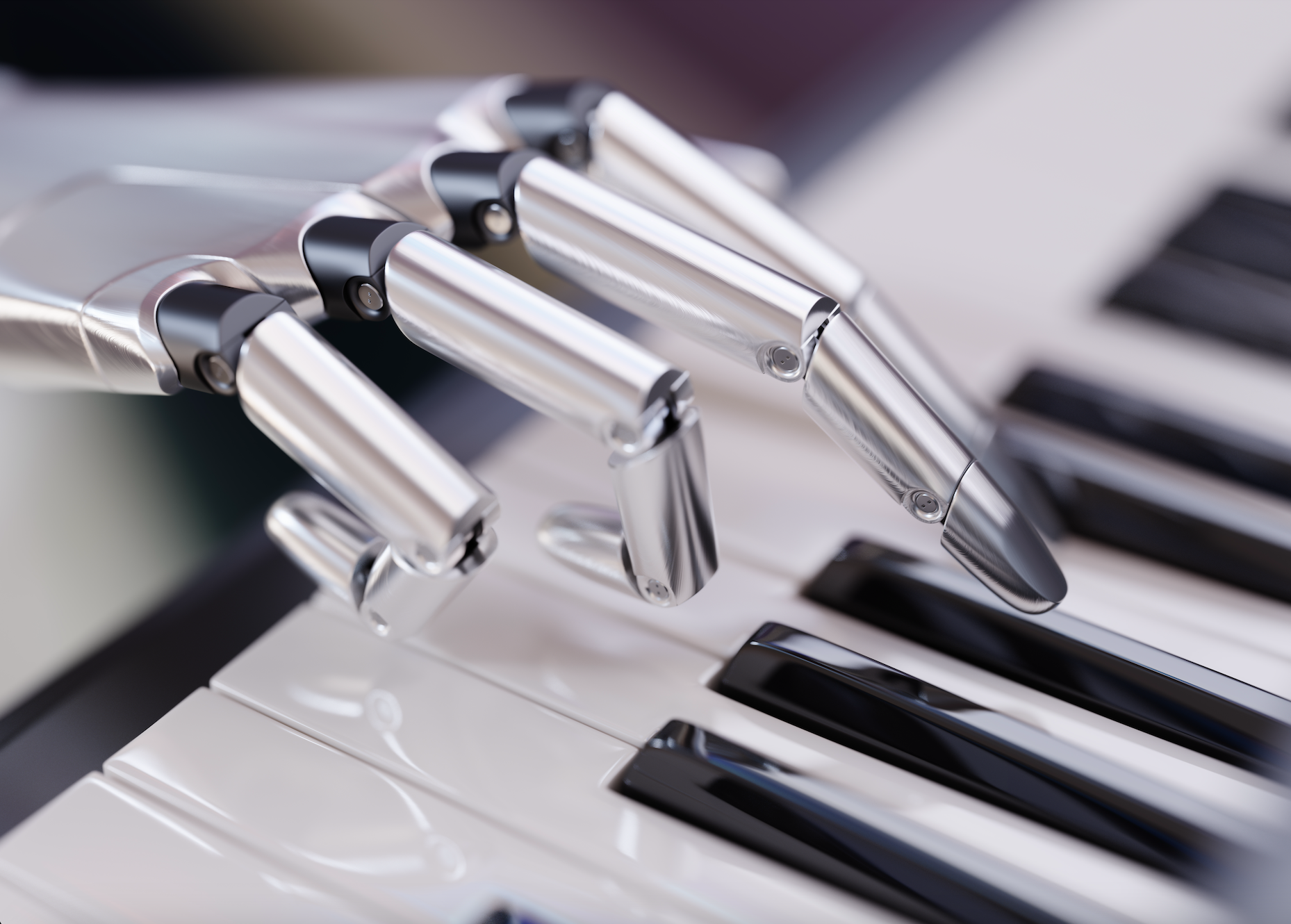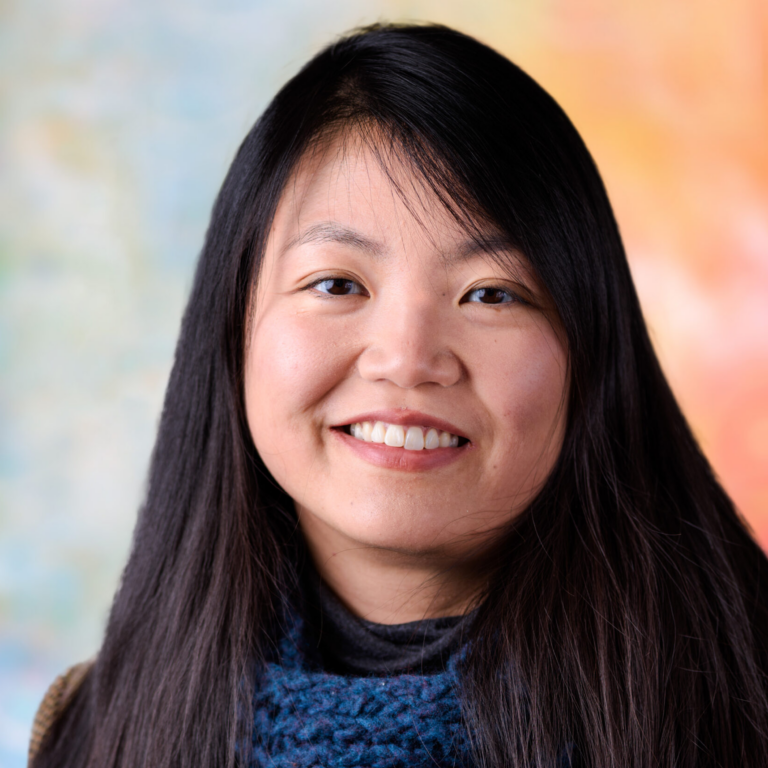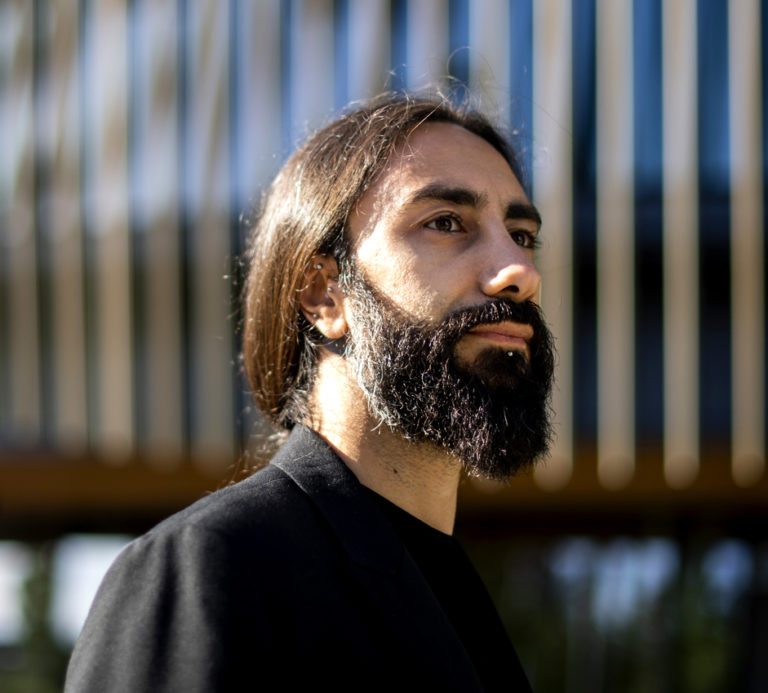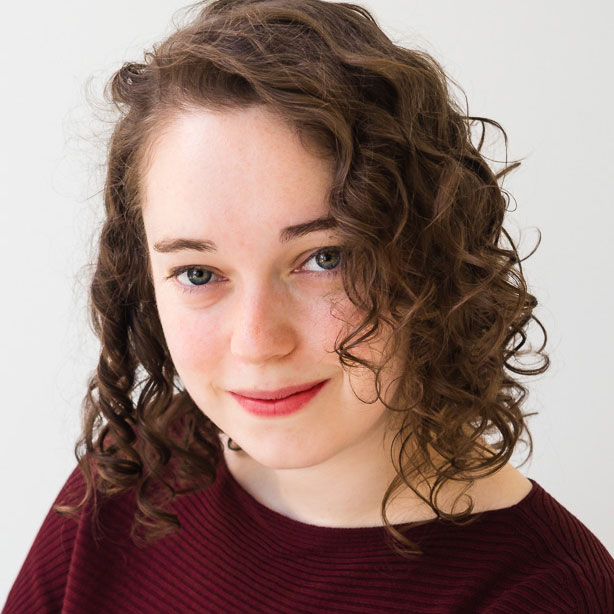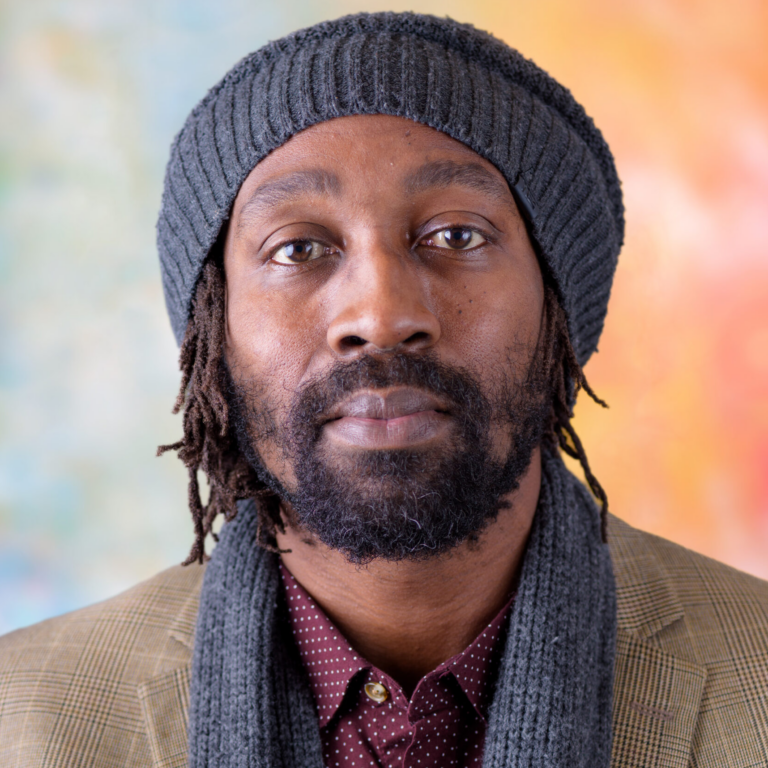Music
Collaborative, cross-disciplinary, connected to the world
The Department of Music at CAMD inspires creative growth through intellectual discovery and innovation, transdisciplinary education and collaboration, and academic and experiential learning programs that prepare students for the music profession—and the world—that they will encounter after graduation.
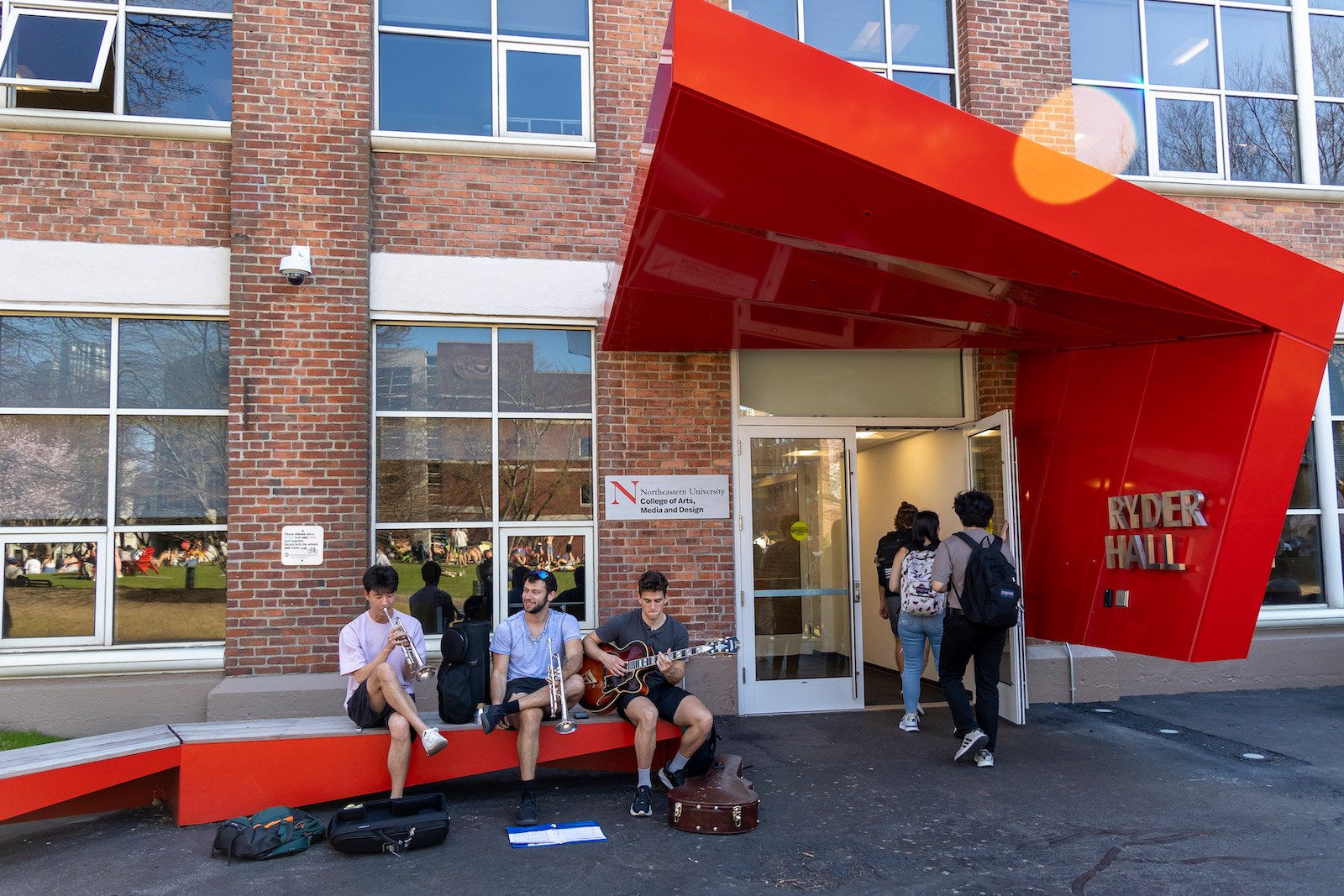
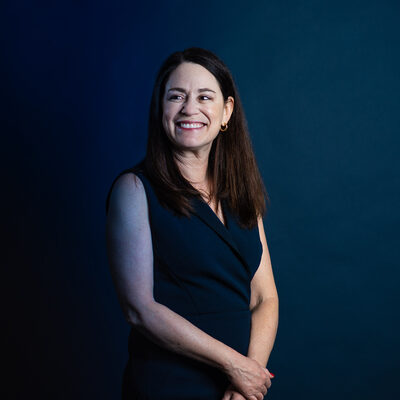
“
Music at CAMD offers a cross-disciplinary approach to the study and practice of music, underscored by experiential learning, cutting-edge technology and a wide-angle focus on every aspect of music’s cultural meaning and social impact across the globe.
Hilary Poriss
Professor and Chair, Department of Music
Course Spotlight
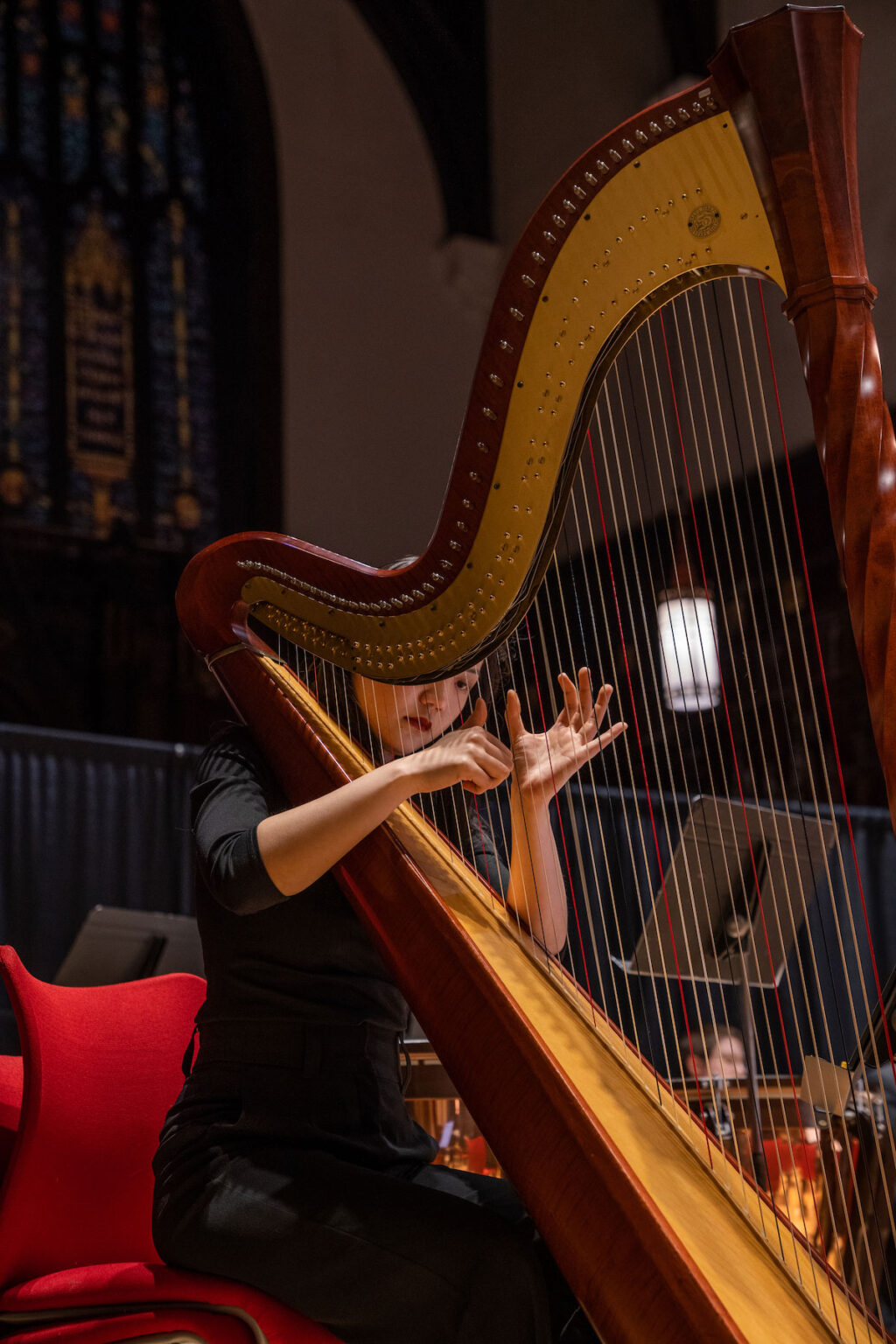
MUSC 2320: 40,000 Years of Music Technology
This course surveys the relationship between music and technology from the Paleolithic Age to the present day. In this class, students examine the origins and impact of diverse musical instruments with attention to connections between musical and technological developments and the enduring need for music.

Equity, Diversity and Inclusion
Music is uniquely personal and shared, powerful and empowering, and thus carries with it the ethical responsibility to focus on equality and inclusion in everything we do.
Read the full statementIn the News

Co-op spotlight: Anya Gupta, Columbia Records
Anya Gupta, a third year at CAMD studying music, joined industry juggernaut Sony Music as an industry co-op. CAMD was able to catch up with her about her experience.
April 9, 2024

Why do people hate movie musicals?
The recently released "Mean Girls" has sparked an age-old debate around how movie musicals should be marketed.
February 1, 2024
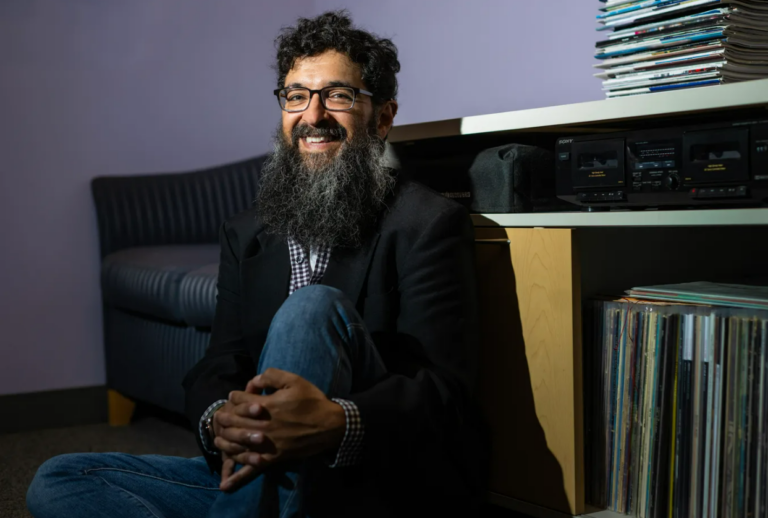
How TikTok and TV help give music a new life
Social media has shifted how listeners find new music, leading to songs from previous decades like Kate Bush's "Running Up That Hill" and Brenda Lee's "Rockin' Around the Christmas Tree" headed to the top of the charts.
December 11, 2023

Universal Music Group and TikTok head for a breakup
Universal Music Group cites the low royalties for their artists as the reason they couldn't reach an agreement with the social media platform.
January 31, 2024
Ready for the next step?

